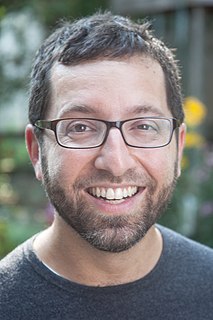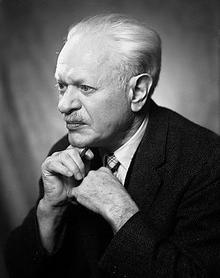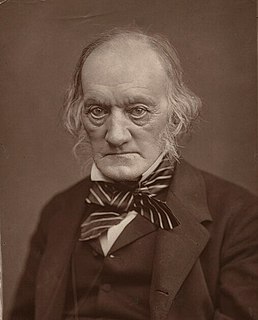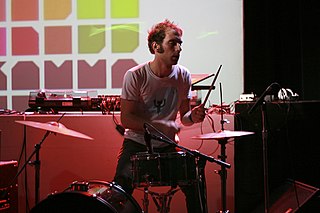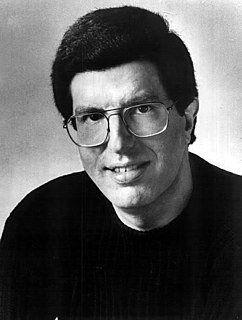A Quote by Albert Einstein
To the extent math refers to reality, we are not certain to the extent we are certain, math does not refer to reality.
Related Quotes
I can understand your aversion to the use of the term 'religion' to describe an emotional and psychological attitude which shows itself most clearly in Spinoza... I have not found a better expression than 'religious' for the trust in the rational nature of reality that is, at least to a certain extent, accessible to human reason.
I don't think they understand it's as important as math and science. It rounds you out as a person. I think it gives you a love of certain things. You don't have to become the next great composer. It's just nice to have heard certain things or to have seen certain things. It's part of being a human being.
I noticed there were so many people, especially women, who would come up to me having recognized me from TV and say, 'I heard you were a math person, why math? Oh my gosh, I could never do math!' I could just see their self-esteem crumbling; I thought that was silly, so I wanted to make math more friendly and accessible.


